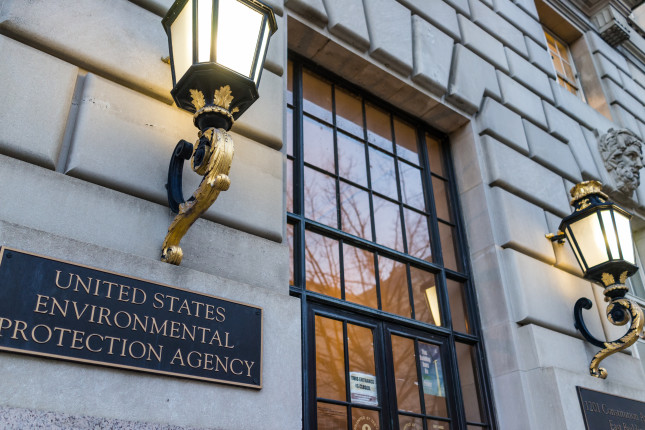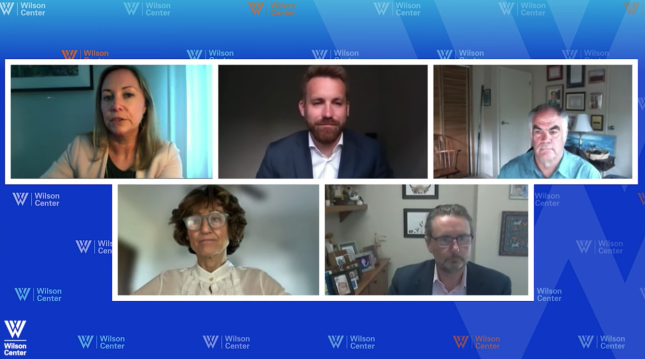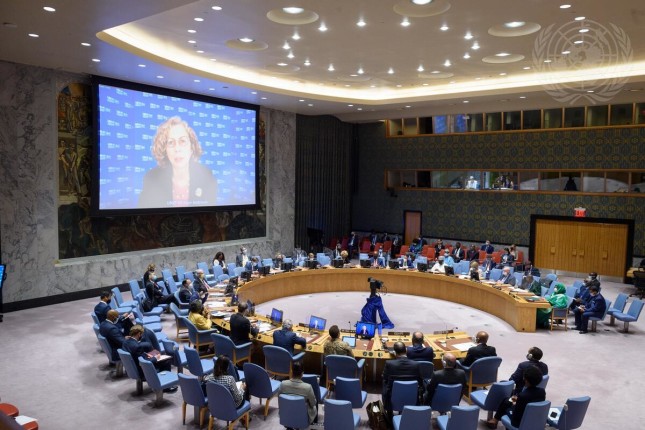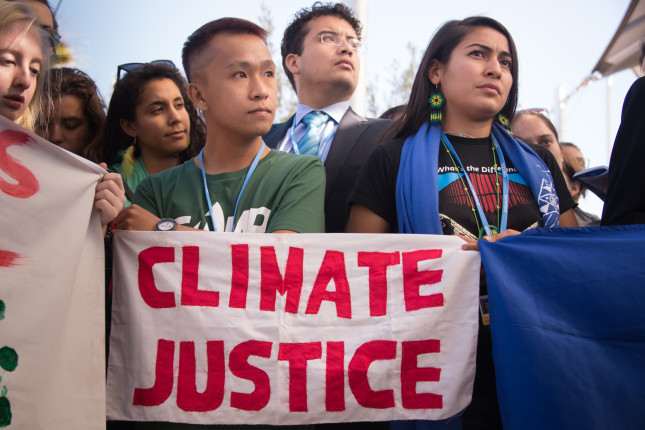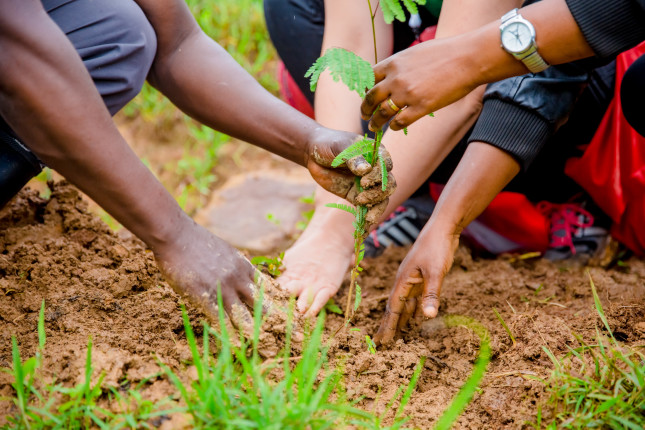-
Climate Finance: Can Integrity and Transparency Prevent Environmental Catastrophe?
›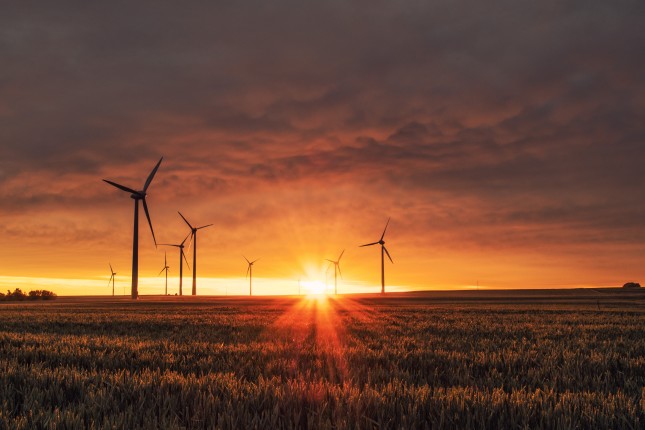
Earlier this year, the IPPC published yet another report underscoring the fact that rapid climate action is needed to limit global warming and avoid further irreversible, devasting environmental impacts. Over the next decade, the report calls for urgent, unprecedented social and economic transitions to reduce emissions and enable climate resilient development for vulnerable people.
-
Transformative Climate Security: A Conversation with Josh Busby
› Why does climate change lead to especially bad security outcomes in some places but not others? In this week’s New Security Broadcast, Josh Busby, Associate Professor at the LBJ School of Public Affairs at the University of Texas-Austin, discusses the latest thinking on this essential question as laid out in his new book, States and Nature: The Effects of Climate Change on Security, with ECSP Program Associate, Amanda King, and ECSP Senior Fellow, Sherri Goodman.
Why does climate change lead to especially bad security outcomes in some places but not others? In this week’s New Security Broadcast, Josh Busby, Associate Professor at the LBJ School of Public Affairs at the University of Texas-Austin, discusses the latest thinking on this essential question as laid out in his new book, States and Nature: The Effects of Climate Change on Security, with ECSP Program Associate, Amanda King, and ECSP Senior Fellow, Sherri Goodman.
-
Delaying the Inevitable? The Uncertain Future of the EPA’s Online Archive
›
In February 2022, the Environmental Protection Agency (EPA) announced its plans to shutter its online archive—a key resource on the work of the agency that is relied upon by researchers, legislators, policymakers, and citizens for work on everything “from historical research to democratic oversight.” Pulling the plug would instantly have made public access to a vast array of fact sheets, environmental reports, policy changes, and regulatory actions significantly more difficult.
-
The Promise of Transatlantic Partnerships in the Critical Mineral Supply Chain
›
Supply chain considerations in today’s globalized economy have expanded beyond minimizing costs. As Duncan Wood, Vice President for Strategy and New Initiatives and Senior Advisor to the Mexico Institute at the Wilson Center, noted at a recent panel hosted by the Environmental Change & Security Program as part of the Transatlantic Climate Bridge conference, issues ranging from environmental, social, and corporate governance (ESG) to national security and geopolitics, have transformed critical mineral supply chains into something that is now “inherently political.”
-
Cascading Impacts of the War in Ukraine: Mental, Maternal, and Newborn Health
›Ukraine and its people will feel the effects of the Russian invasion for years to come. More than 6 million refugees have left Ukraine, another 8 million Ukrainians are internally displaced. Among those most impacted are Ukraine’s women and girls, who have a greater chance of experiencing gender-based violence, exploitation, and trafficking. They also face escalated maternal and newborn mortality rates stemming from lack of services and diminished care, as well as injuries and trauma due to the ongoing conflict. Less visibly, Ukrainians are confronting severe emotional distress and trauma.
-
Water Diplomacy can Learn from Realist Ideas
›Guest Contributor // Water Security for a Resilient World // July 19, 2022 // By Sumit Vij, Jeroen Warner, Mark Zeitoun & Christian BréthautAs Russia’s war in Ukraine continues and nations are returning to behaviors best explained by realism, we are wrestling with these trends’ longer-term implications on water diplomacy. States are becoming inward-looking and prioritizing national sovereignty. Debates about water and climate are resurfacing, and we should better understand how hard power and inward-looking approaches can impact water diplomacy and cooperation. To inform policymakers about power sensitivities and power games played in diplomacy, water diplomats must rethink the future of water security and peace. They should reexamine leadership styles, cultural sensitivities, and knowledge exchange from the lens of realism.
-
Top 5 Posts for June 2022
›From climate change to COVID-19 and the war in Ukraine, the world is a landscape of increasing instability. Book-ending the Top 5 posts of June are two articles that explore different aspects of these converging risks. In the top post for June, Steven Gale and Mat Burrows write that globally, younger generations are becoming increasingly disengaged and discontent with their democratic governments, civil society, and institutions. Youth disillusionment is not a result of ignorance to current affairs, but rather a lack of faith in democratic institutions to address today’s most pressing global issues. Tackling youth disillusionment, suggest Gale and Burrows, begins with examining youth engagement trends and placing it at the top of the agenda.
-
Climate Finance: Taking Stock of Investments and Opportunities to Sustain Peace
›A key pillar of the UNFCCC was a commitment by industrialized nations to cover the incremental cost of climate change mitigation for developing countries. As part of this pledge, they agreed to mobilize $100 billion a year in climate finance by 2020 and maintain that level of funding up to 2025. While there are questions on whether this target has been met, climate finance has undeniably become one of the largest channels of wealth redistribution from developed to developing countries.
Showing posts from category *Blog Columns.


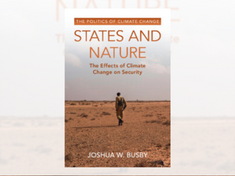 Why does climate change lead to especially bad security outcomes in some places but not others? In this week’s New Security Broadcast, Josh Busby, Associate Professor at the LBJ School of Public Affairs at the University of Texas-Austin, discusses the latest thinking on this essential question as laid out in his new book,
Why does climate change lead to especially bad security outcomes in some places but not others? In this week’s New Security Broadcast, Josh Busby, Associate Professor at the LBJ School of Public Affairs at the University of Texas-Austin, discusses the latest thinking on this essential question as laid out in his new book, 